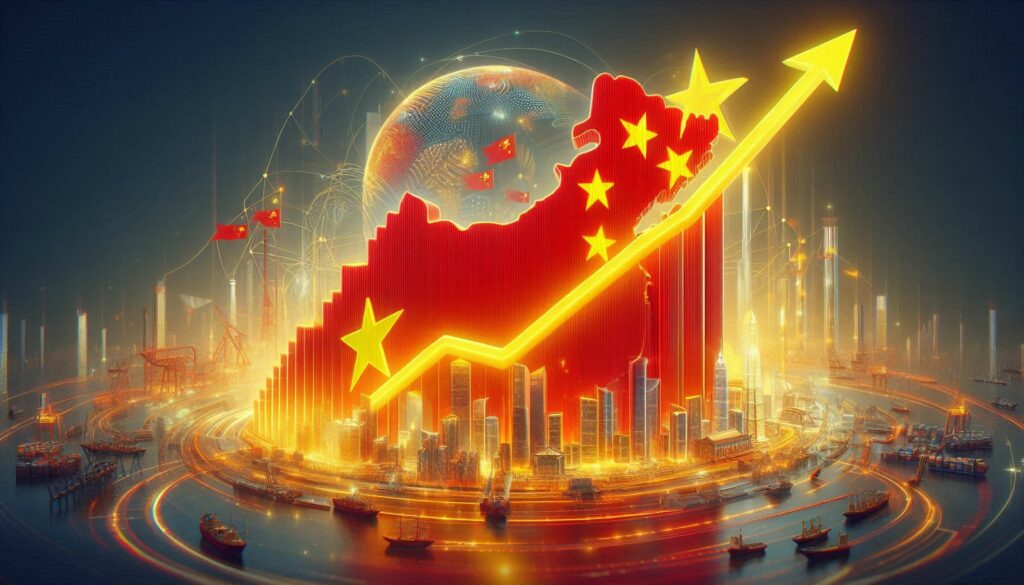
Making China great again

Tech trade barriers are the gift that keeps giving
- Dateline
- 12 November 2030
The saying “hard times create great people” applies to companies and nations too. When the United States imposed restrictions on the sale of hi-tech products to China, they didn’t dream that, ironically, it would have the opposite effect to the one intended.
Necessity is the mother of invention. When Elon Musk started SpaceX, he tried to buy a Russian rocket, to get started with the technology. They laughed at him and sent him away empty handed. But he needed it, so he designed and built his own, profiting from the hardship of the experience, and ultimately outcompeting every space launch company (and country) on the planet.
Similarly, when Huawei was denied western know-how and market access, they developed their own, and cleaned up in emerging markets like Africa. They became arguably China’s most innovative company. They needed to.
It’s fair to say you want to level the playing field, and China is known for not necessarily playing fair, but imposing tariffs in a trade war to keep the other side down, to keep your country on top, can backfire spectacularly. And let’s not blame it all on Trump 2.0.
When advanced ASML chip-making equipment faced export restrictions, China’s imports of existing systems surged, in a strategic move to acquire the machines before further restrictions were introduced. China’s tech innovators developed ways to upgrade the older systems to produce more sophisticated silicon, while also focusing on mature designs which had high demand volume, like chips for the automotive industry.
Now China – with Asian allies – is starting to challenge western technological hegemony, not only in low-cost manufacturing, but also in innovative chip design and artificial intelligence systems. The hard times imposed on them have bred some great companies.
So, who really made China great again?
Links to related stories
- Trump tariffs 2.0 will make Asian manufacturing great | South China Morning Post
- Breaking the Circuit: US-China Semiconductor Controls - Foreign Policy Research Institute
- Choking off China’s Access to the Future of AI - CSIS
- Chinese companies spend $26 billion on advanced chipmaking machinery investment | Tom's Hardware
- Intelligent machines create the new hegemony - Mindbullets (Dateline 3 December 2030)
- Walls go up, trade comes down - Mindbullets (Dateline 7 March 2021)
Warning: Hazardous thinking at work
Despite appearances to the contrary, Futureworld cannot and does not predict the future. Our Mindbullets scenarios are fictitious and designed purely to explore possible futures, challenge and stimulate strategic thinking. Use these at your own risk. Any reference to actual people, entities or events is entirely allegorical. Copyright Futureworld International Limited. Reproduction or distribution permitted only with recognition of Copyright and the inclusion of this disclaimer.